Have you ever booked a hotel expecting luxury, only to find it lacking? Or chosen a modest two-star hotel that exceeded your expectations? The culprit behind these surprises often lies in the varying hotel star ratings systems worldwide. These ratings can mislead travelers when not properly understood, and they differ drastically depending on the country, region, or even organization assigning them. Knowing how to read between the stars can be a game-changer for your travel plans. Let’s unravel the mysteries behind hotel star ratings and discover how to interpret them accurately—no matter where you roam.
What Do Hotel Star Ratings Represent?
At their core, hotel star ratings are meant to represent the quality, consistency, and range of services a hotel provides. The scale usually spans from one to five stars, though in some regions you may also see half-stars or even six-star ratings used informally.
- One-Star: Basic accommodation—limited services, often without an on-site restaurant or 24-hour reception.
- Two-Star: Simple comfort—may offer free Wi-Fi, daily housekeeping, and breakfast options, but no frills.
- Three-Star: Mid-range quality—usually includes a restaurant, fitness center, business services, and more polished decor.
- Four-Star: High-end experience—spacious rooms, concierge services, upscale dining, and wellness amenities.
- Five-Star: Luxury hospitality—personalized service, lavish accommodations, gourmet cuisine, and exclusive experiences.
That said, there is no universal standard governing these tiers. A five-star stay in Bangkok could look quite different from a five-star property in Paris or New York. This is where your expectations can clash with reality—unless you know what to look for.
Why Do Star Ratings Differ Across Countries?
The inconsistency in hotel star ratings stems from the fact that no single global organization regulates the system. Each country, and in some cases each travel agency or hotel association, uses different standards. Here’s what drives the divergence:
- Local Regulations: France has a government-run classification system, while in the U.S. private companies like AAA assign stars independently.
- Voluntary Participation: In many countries, hotel rating is optional. Some hotels choose to participate to gain visibility, others skip the process entirely.
- Cultural Preferences: What’s considered essential in one country (air conditioning, for example) may not factor into star ratings elsewhere.
- Self-Rating and Marketing: In regions lacking oversight, hotels might claim star ratings to enhance appeal without undergoing evaluation.
This lack of standardization means that a three-star hotel in Istanbul might provide drastically different service and amenities than a three-star hotel in Toronto or Tokyo.
Examples of Regional Differences
To better understand how hotel star ratings vary across the globe, here are a few regional examples that highlight the contrasts:
Europe: European hotels follow different systems across the continent. Germany and France rely on government-standardized ratings, while Italy and the UK use mixed systems involving both public and private classification bodies. The criteria often prioritize infrastructure—room size, lift availability, or breakfast—over service quality. This sometimes results in older hotels with outdated decor still retaining higher ratings due to technical compliance. Travelers should always read reviews to get a full picture.
United States: In the U.S., there is no central body regulating star ratings. AAA and Forbes Travel Guide are two of the most respected sources, each using rigorous inspections to rate hotels on cleanliness, amenities, service, and overall guest satisfaction. However, user-generated platforms like Yelp or Google Reviews often influence traveler decisions just as much—if not more—than these formal ratings.
Asia: In countries like Thailand, Indonesia, and India, star ratings are inconsistently applied. While some hotels align with international standards, others self-assign stars for promotional purposes. For example, a three-star listing on a booking site may refer to a hostel with basic amenities or a newly built boutique property. Language barriers and marketing exaggerations can further confuse travelers—making user reviews critical.

Tips for Interpreting Hotel Star Ratings
So how do you book with confidence despite the chaos of mismatched hotel star ratings? Here are our top strategies to ensure your stay meets your expectations:
- Understand the Local System: Research whether the country uses official or voluntary classification systems before you book.
- Use Guest Reviews as a Filter: Platforms like Booking.com, Expedia, or TripAdvisor include traveler feedback that often highlights the real pros and cons.
- Check Photos Carefully: Browse recent photos posted by guests rather than relying on promotional images alone.
- Look Beyond the Stars: Does the hotel have a 24-hour front desk? Daily housekeeping? Reliable Wi-Fi? Sometimes a high-star rating doesn’t mean much if it lacks what matters most to you.
- Verify with Multiple Sources: Cross-reference the hotel’s official website with review platforms and aggregator sites for a balanced perspective.
Hotel star ratings can serve as a helpful starting point—but they’re not the full story. As travel becomes more global and diverse, knowing how to interpret these ratings is essential. Take the time to do your research, read guest reviews, and consider your own comfort priorities before booking. You’ll not only save money—you’ll also avoid disappointment.
Have you ever stayed at a hotel where the star rating didn’t match your expectations? How do you choose accommodations when traveling abroad? Drop your stories and tips in the comments—we’d love to hear from you!
Don’t forget to follow WentWorld.com for more smart travel guides, hotel booking hacks, and global destination insights. Your perfect trip starts with the right information.
Catch up on the top stories and travel deals by subscribing to our newsletter!


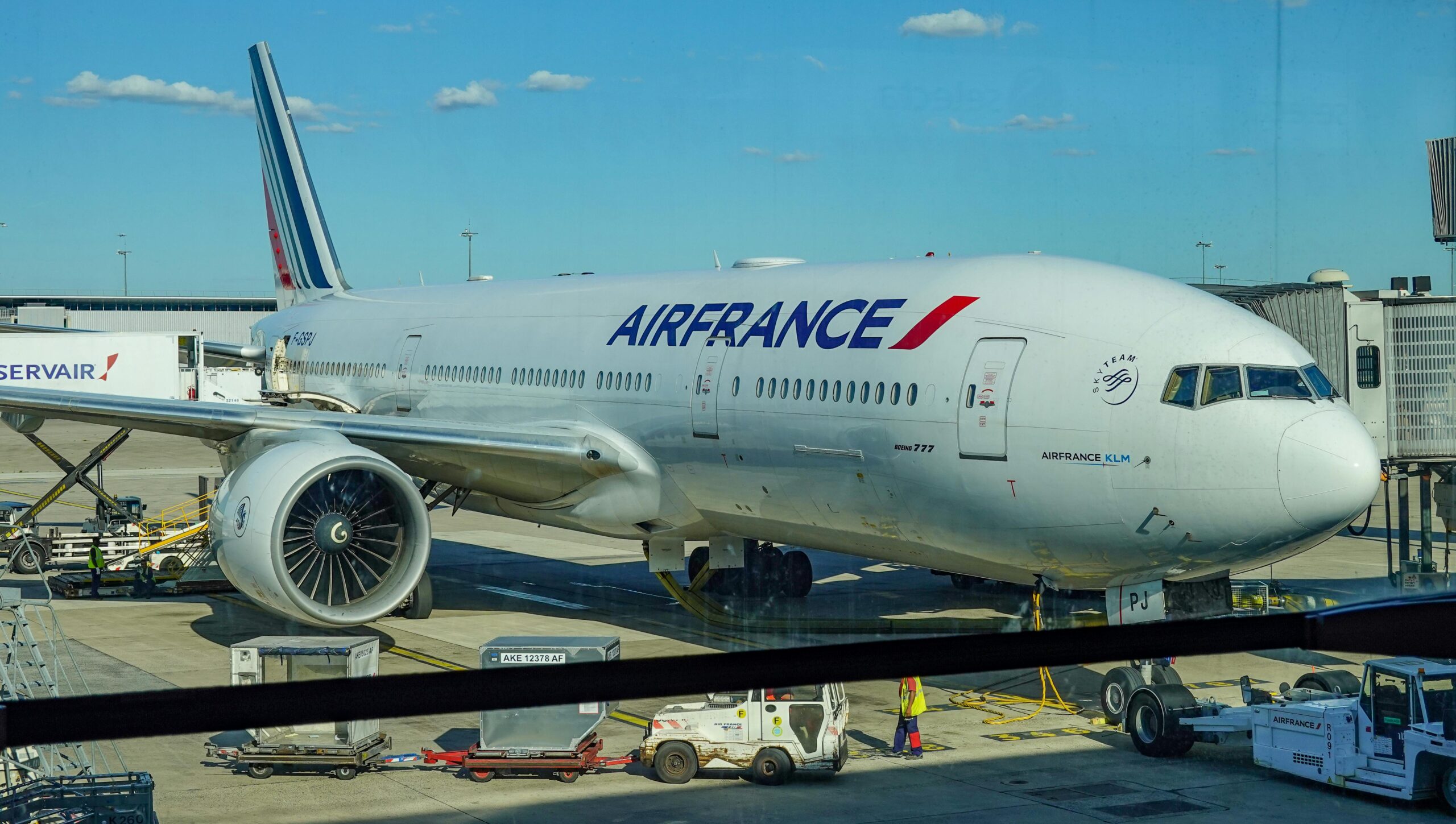
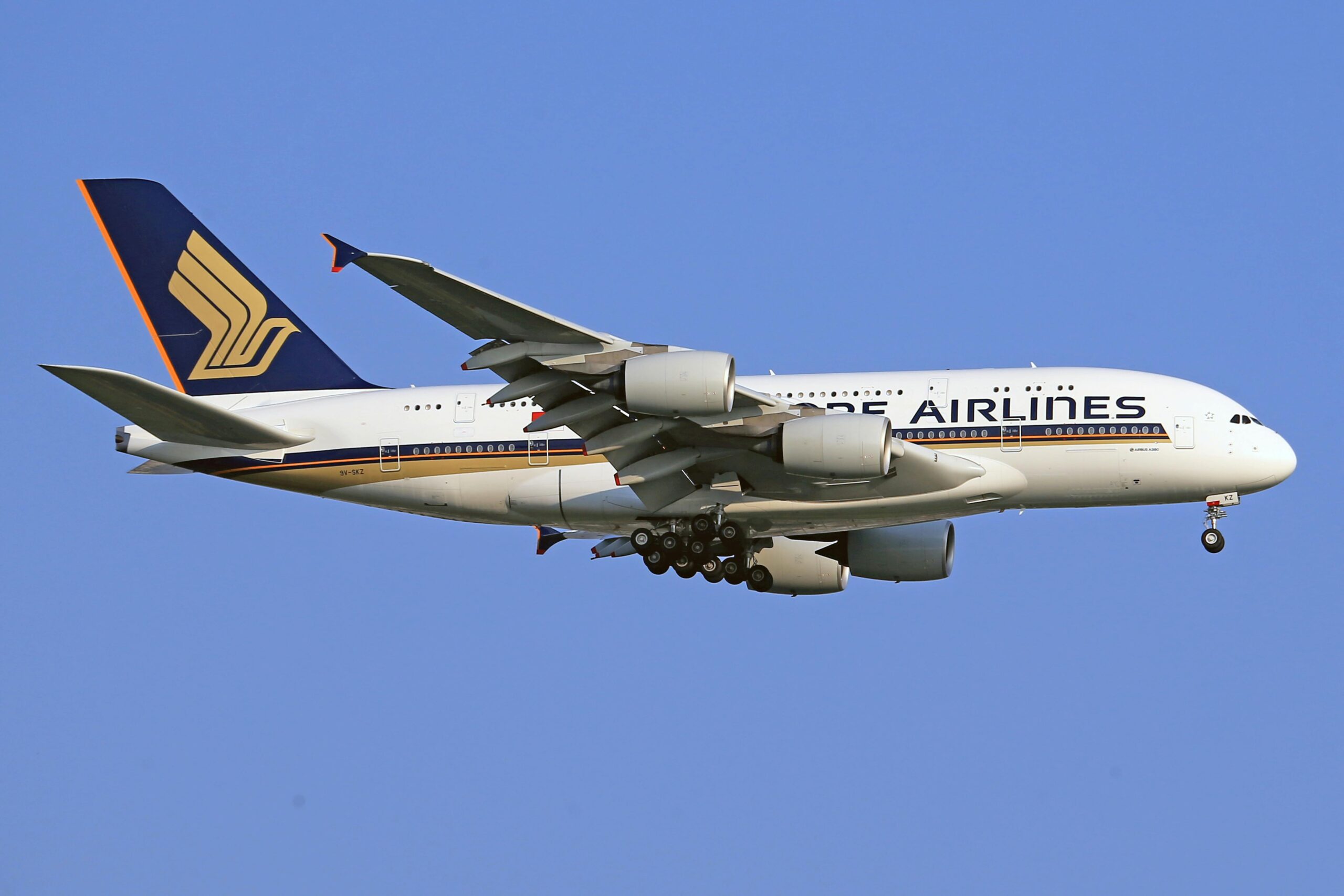
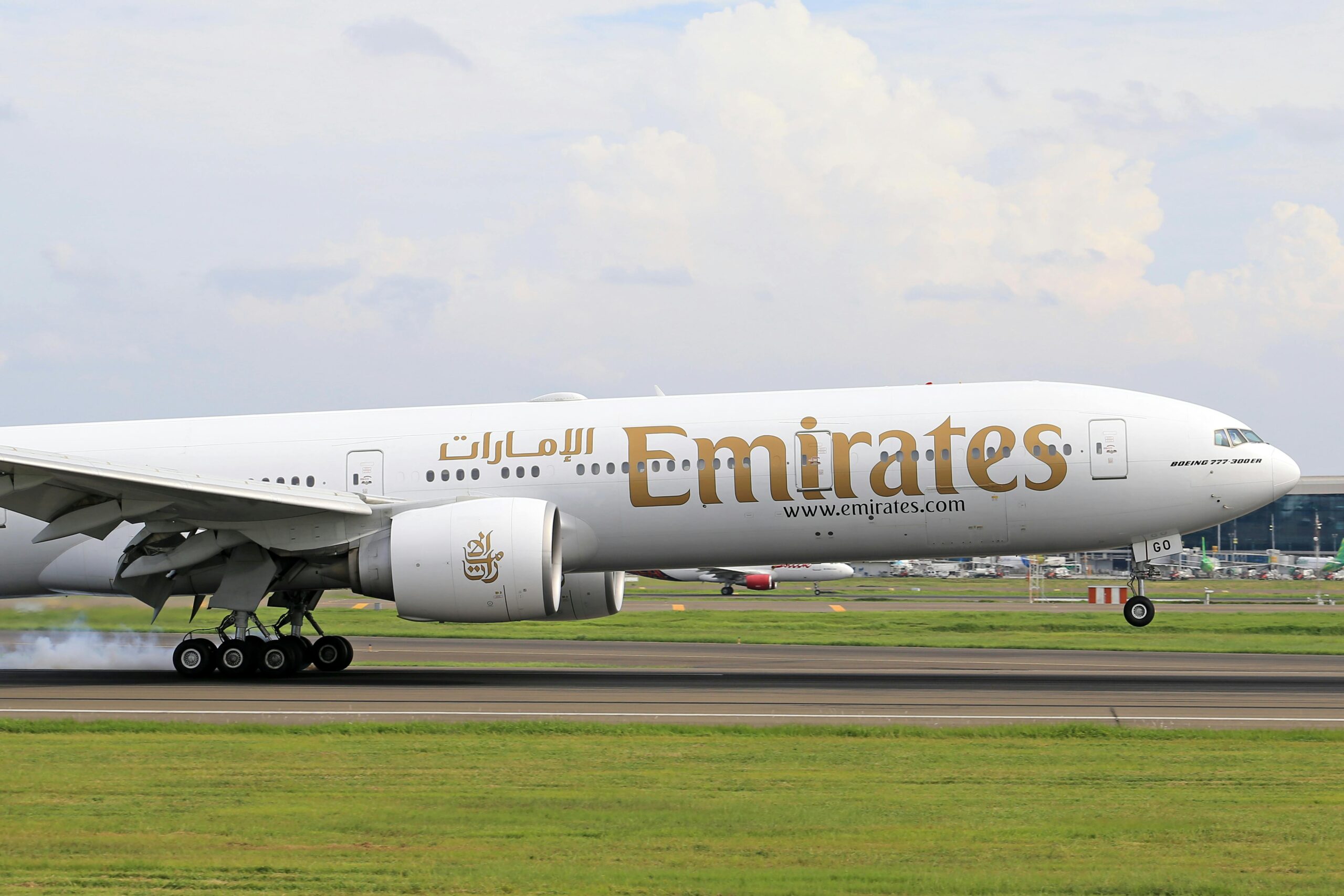
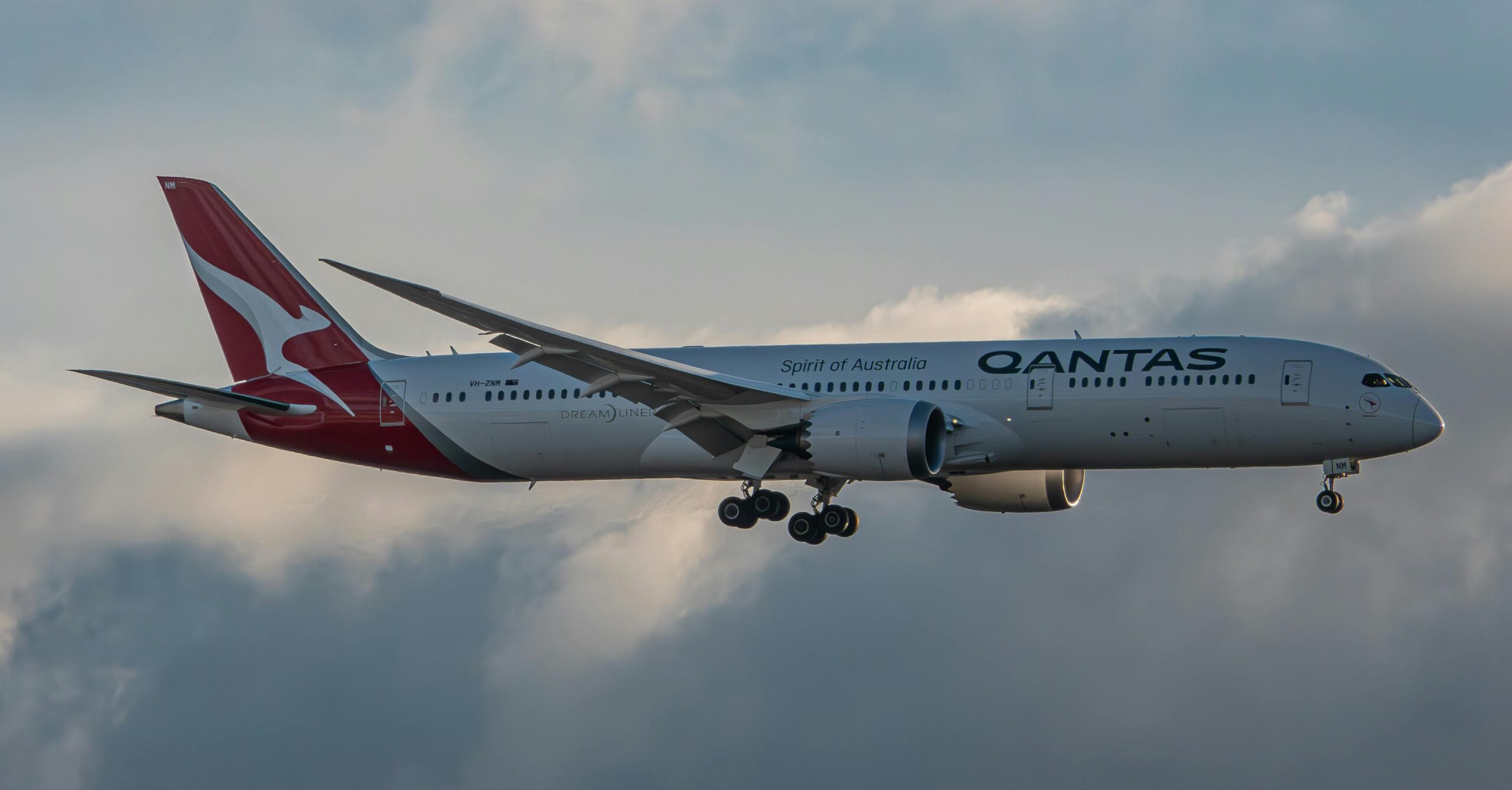
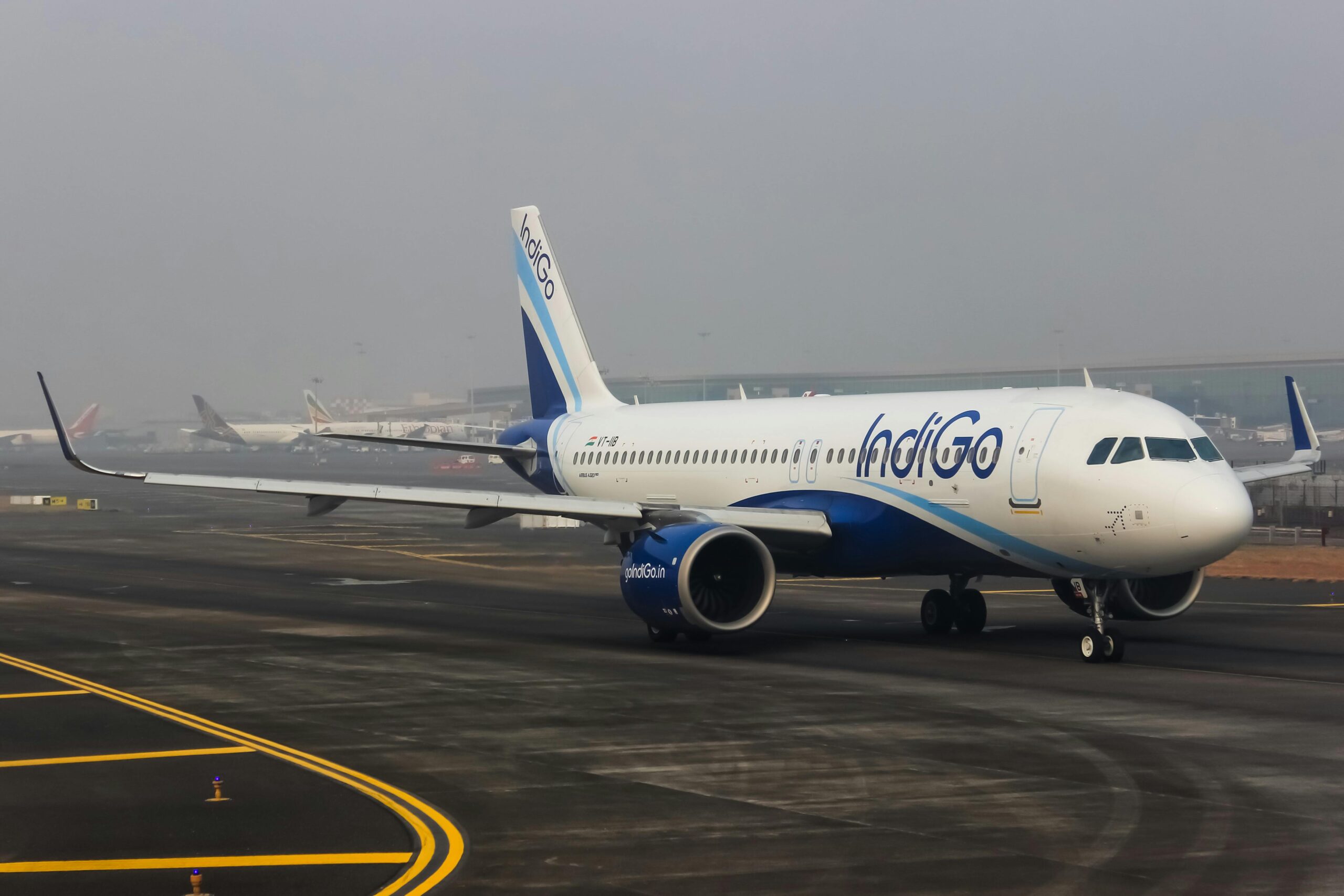




Leave a Reply